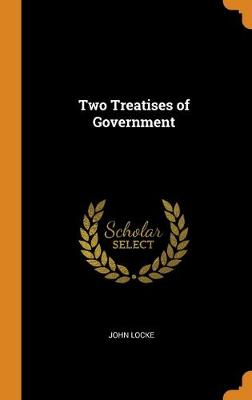Cambridge Texts in the History of Political Thought
4 total works
John Locke laid the groundwork of modern liberalism. He argued that political societies exist to defend the lives, liberties and properties of their citizens and that no government has any authority except by the consent of the people. When rulers became tyrants and act against the common good, then the people have the right of revolution against them. Writing against the backdrop of Charles II's savage purge of the Whig movement, Locke set out to attack the fabric of the divine right of rulers. The rights of property- owners, of Native Americans, and of women and children, the need for economic improvement, the separation of commands, and the nature and limits of consent--these are all topics within Locke's compass and make this book the subject of intense debate.
This is the first modernized edition of the Two Treatises based on Locke's own corrected text as he left it for posterity at his death.
It includes an introduction, chronology of Locke's life and times, extensive glossary and keyword index.
This is the revised version of Peter Laslett's acclaimed edition of Two Treatises of Government, which is widely recognised as one of the classic pieces of recent scholarship in the history of ideas, read and used by students of political theory throughout the world. This 1988 edition revises Dr Laslett's second edition (1970) and includes an updated bibliography, a guide to further reading and a fully reset and revised introduction which surveys advances in Locke scholarship since publication of the second edition. In the introduction, Dr Laslett shows that the Two Treatises were not a rationalisation of the events of 1688 but rather a call for a revolution yet to come.
We know more about the development of John Locke's ideas than we do about almost any other philosopher's before modern times. This book brings together a comprehensive collection of the writings on politics and society that stand outside the canonical works which Locke published during his lifetime. In the aftermath of the Revolution of 1688 the three works by which he is chiefly known appeared: the Two Treatises of Government, An Essay Concerning Human Understanding, and A Letter Concerning Toleration, and the themes raised in these works had been reflected upon over many years. Mark Goldie's edition makes possible the fullest exploration of the evolution of Locke's ideas concerning the philosophical foundations of morality and sociability, the boundary of church and state, the shaping of constitutions, and the conduct of government and public policy.

